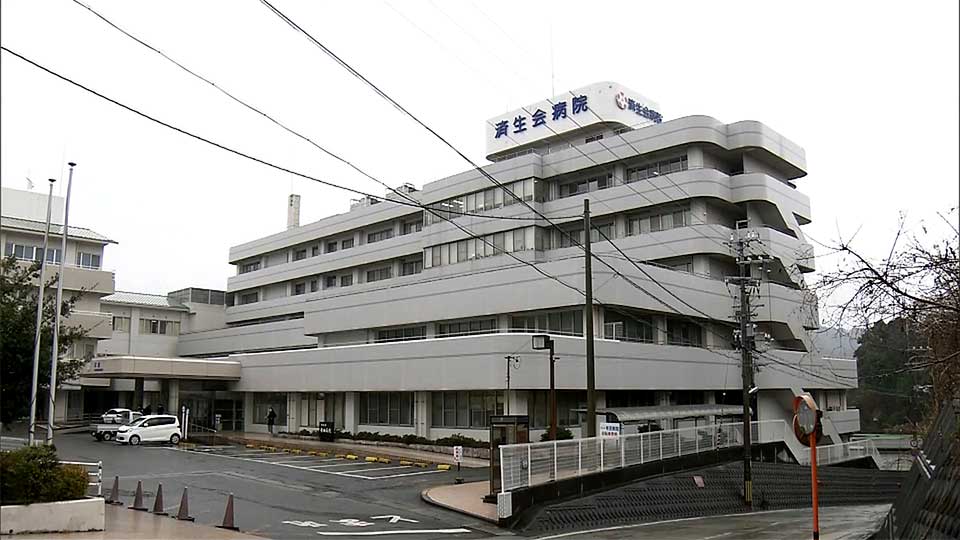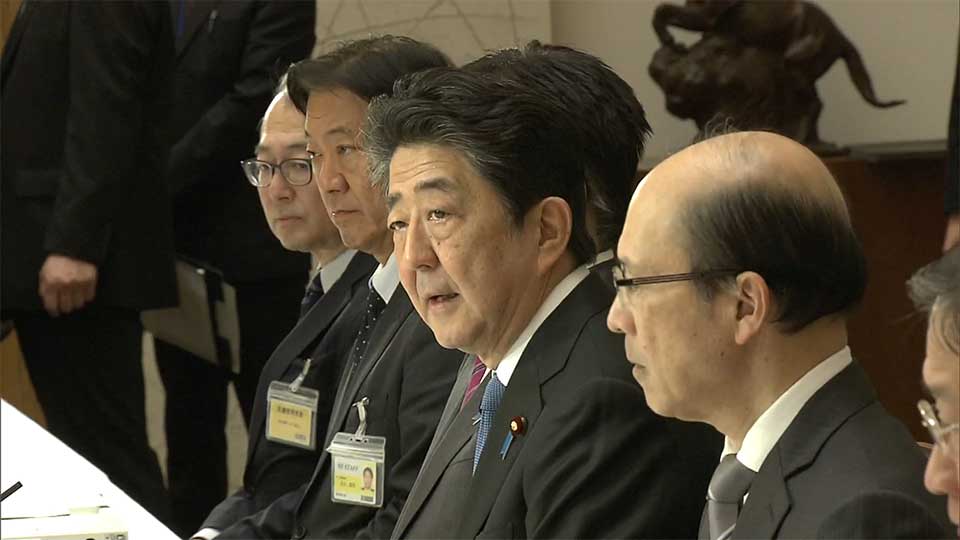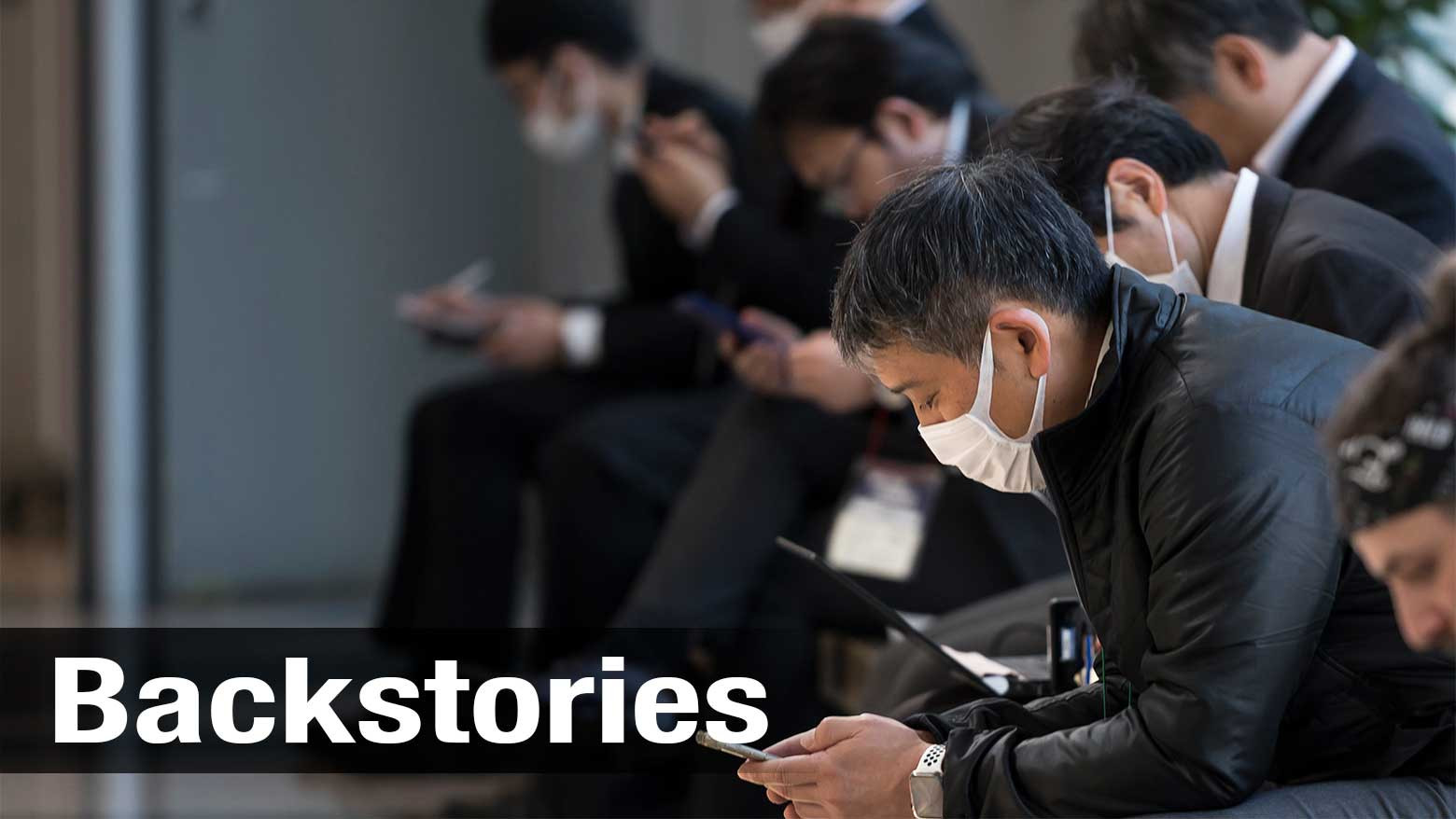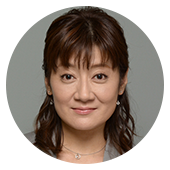A male doctor in his 50s in Wakayama Prefecture tested positive for the coronavirus on Thursday. Since then, eight more people in the prefecture, including patients at the doctor's hospital, have been infected. Troublingly, the Health Ministry says it has been unable to figure out where these transmissions originated.
The ministry says it has also been unable to identify infection routes for a man in his 60s in Aichi Prefecture, a man in his 20s in Chiba Prefecture, and a man in the northernmost prefecture of Hokkaido.
Until recently, officials were able to easily identify the transmission routes, as the majority of the infected had been among those the government flew back from Wuhan, the city at the center of the outbreak, or the passengers of the quarantined cruise ship docked near Tokyo.

Prime Minister Shinzo Abe convened a meeting of epidemiologists at his office on Sunday. He said the situation in the country is changing "minute by minute" and emphasized the need to tackle the outbreak from an epidemiological standpoint.
Takaji Wakita, head of the National Institute of Infectious Diseases, said Japan was in the initial stages of the outbreak and could see cases continue to spread.
The epidemiologists agreed that people should go to the doctor if they develop flu-like symptoms, including fatigue, fever, and difficulty breathing. The panel added that it was crucial to do so promptly, so they could receive treatment before their conditions became serious.
The panel also agreed to set up guidelines to encourage and help vulnerable people, such as the elderly and those suffering from chronic illnesses, seek medical consultation even earlier.

The private sector has started putting its own measures in place.
Telecom giant NTT says it is urging employees to work from home or adopt staggered hours. The company says it is also calling on staff to avoid in-person meetings and to instead use videoconferencing.
Yahoo Japan is also urging employees to adopt staggered hours.
One company in the tourist hub of Kyoto is taking no chances. Software-maker connectFree has asked its employees to work entirely from home, conducting client meetings online. For staff members who must be in the office, the company has made facemasks and antiseptic hand wash mandatory.

